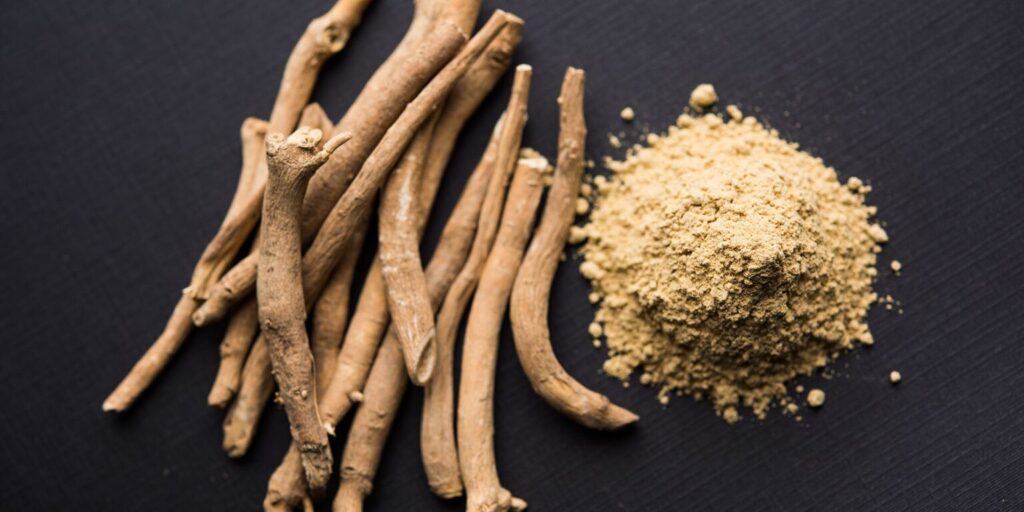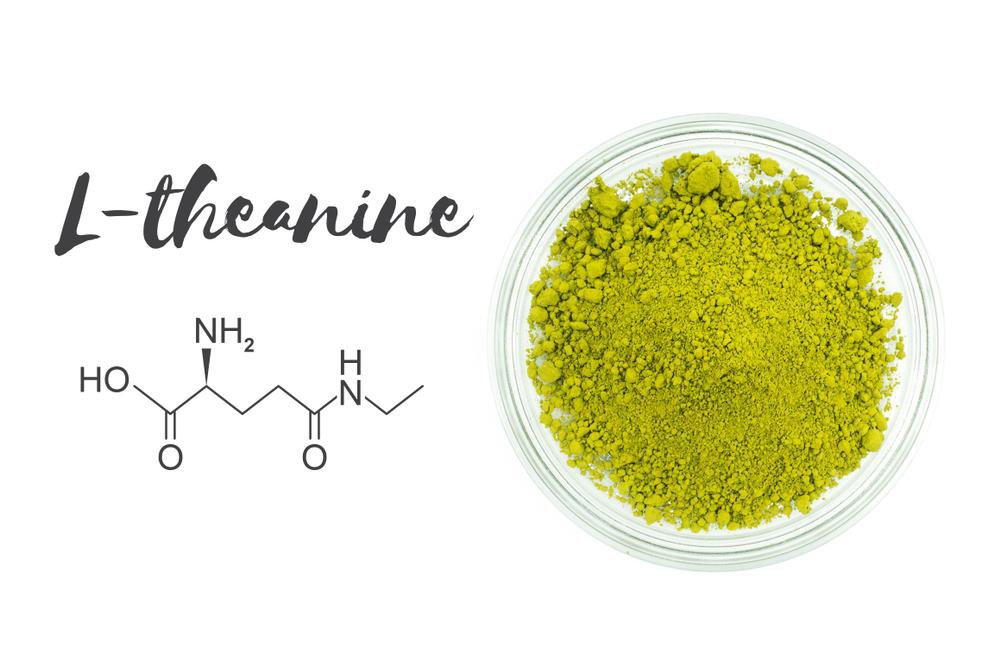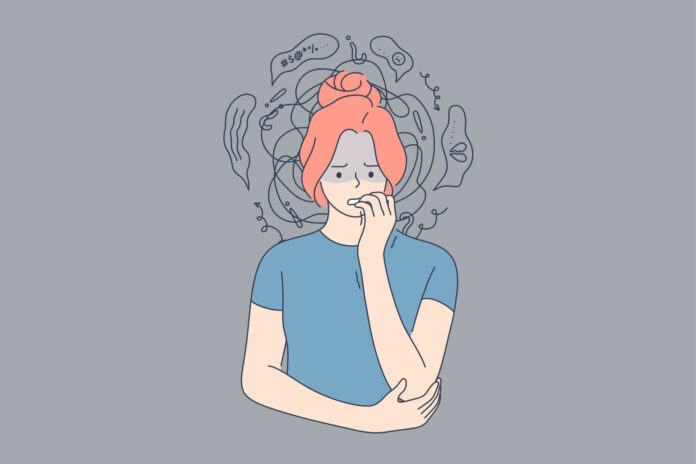5 Supplements to Consider for Anxiety Relief
Anxiety can be overwhelming, affecting every aspect of daily life. With millions of people suffering from anxiety disorders, finding relief is crucial. While traditional treatments like medications and therapy are commonly used, dietary supplements can provide an additional helping hand. These supplements can support brain health and help ease stress responses, potentially reducing the grip of anxiety. If you’re searching for additional ways to manage anxiety symptoms, here are five supplements to consider:
1. Omega-3 Fatty Acids

Omega-3 fatty acids, commonly found in fish oil, have been linked to various health benefits, including the potential to alleviate anxiety. These essential fatty acids are crucial for brain health, reducing inflammation, and promoting healthy brain function. Studies suggest that supplements containing EPA and DHA, two types of omega-3s, can help reduce anxiety symptoms. Source: Omega-3 fatty acids are primarily found in fish such as salmon, mackerel, and sardines. Recommended Dose: Typically, 1,000 to 2,000 mg of EPA and DHA combined per day. Considerations: Omega-3 supplements can interact with medications like blood thinners. Always consult a healthcare provider before starting any new supplement regimen.
2. Magnesium

Magnesium is crucial for many bodily functions, including nerve transmission and muscle relaxation. It has a calming effect on the nervous system and may help manage anxiety symptoms. Magnesium deficiency is relatively common, and supplementing with it can help maintain adequate levels, potentially reducing anxiety. Source: Besides supplements, magnesium can be obtained from foods like leafy greens, nuts, seeds, and whole grains. Recommended Dose: Generally, 200-400 mg daily, though individual needs may vary. Considerations: High doses can cause digestive issues, such as diarrhea. Start with a lower dose to assess tolerance.
3. Ashwagandha

Ashwagandha is an adaptogen, a substance thought to help the body resist physical, chemical, or biological stressors. This herb has been used in Ayurvedic medicine to reduce stress and anxiety. Clinical studies suggest that ashwagandha may help lower cortisol levels, a hormone closely linked to stress. Source: Ashwagandha is available in capsules, powders, or liquid extracts. Recommended Dose: Typically, 300-500 mg of a root extract daily. Considerations: Ashwagandha is generally safe, but it should be avoided during pregnancy and by those with autoimmune diseases unless otherwise advised by a healthcare professional.
4. Probiotics

Emerging research indicates that the gut-brain axis plays a role in mood and anxiety. Probiotics can help balance gut bacteria and improve gut health, which may be linked to reduced anxiety symptoms. Specific strains such as Lactobacillus (L.) rhamnosus and Bifidobacterium (B.) longum have been studied for their potential effects on anxiety. Source: Probiotics are available as supplements or through probiotic-rich foods like yogurt, kefir, and sauerkraut. Recommended Dose: Probiotic supplements typically range from 1 billion to 10 billion CFUs per serving. Considerations: Choose a supplement that provides a mix of strains and is backed by clinical research.
5. L-Theanine

L-Theanine is an amino acid primarily found in green and black tea. It is well-known for its potential to promote relaxation without drowsiness. L-Theanine is thought to affect levels of certain neurotransmitters, including serotonin and dopamine, which play a role in mood regulation and anxiety. Source: Besides tea, L-Theanine is also available in supplement form. Recommended Dose: Typically, 100-200 mg per day. Considerations: L-Theanine is considered safe and does not have significant side effects. However, due to its calming effects, it’s best to start with a lower dose to assess its impact on your alertness.
Conclusion
Anxiety disorders can have a profound impact on a person’s life. Understanding and managing anxiety is crucial for improving quality of life. While supplements can be beneficial for managing mild anxiety, they are not a substitute for professional medical advice or treatment for severe anxiety disorders. Always discuss with your healthcare provider before starting any new supplement, especially if you are currently taking other medications or have underlying health conditions. By combining supplements with traditional treatments, you can take a holistic approach to managing anxiety and finding relief.

